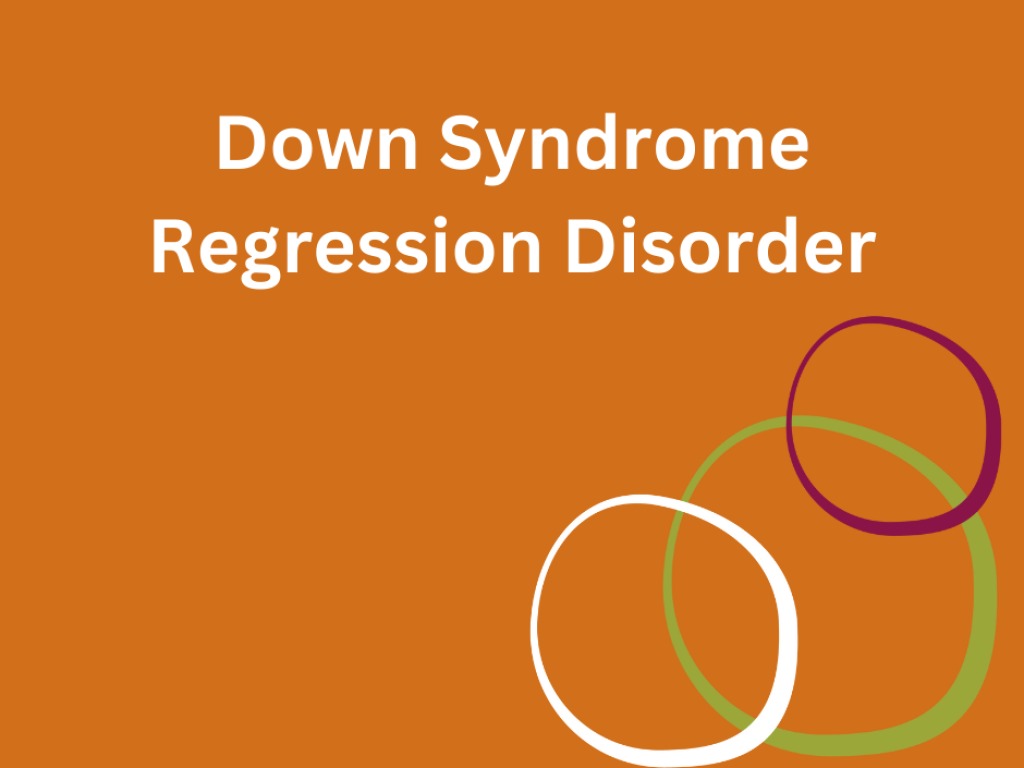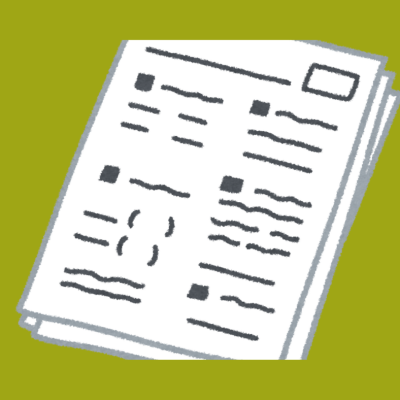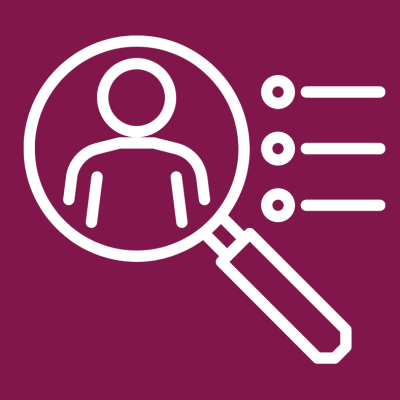Down Syndrome Regression Disorders (DSRD)
Down Syndrome Regression disorder has been referred to by a number of names over the years since the 1940’s when first identified. In 2022 the was global agreement on the naming of the regressive condition in people with Down syndrome as Down Syndrome Regression Disorder. (Ref 1)
Regression is the loss of previously acquired skills.
Through parent engagement in the pilot research survey, we have identified a comprehensive list of potential / common skill loss and behavioural changes. DSRD can seriously affect people’s ability to take care of themselves, wash, dress, eat and undertake personal hygiene. Significant regression is also reported in language and communication, social skills, motor skills, memory, and behaviour. Each of these reduce quality of life, independence and social engagement. It is also deeply impactful for both the person and their family.
Is it time for a Doctor? If your child has experienced regressive symptoms that have lasted more than a couple of weeks, it is important to visit your General Practitioner. To assist you with your visit, please see our Self Assessment Tool
You can assist us to provide evidence for the need for more research into DSRD.
Please contribute to a pilot research project being undertaken by Down Syndrome WA to gather sufficient pilot information to support further research. https://forms.office.com/r/L07pN7Z9ts
Information for Medical Practitioners
DSRD, whilst still largely unknown in Australia, through the 2022 paper and the Self Assessment and Medical tool there is a guideline for the diagnostic workup of DSRD.






